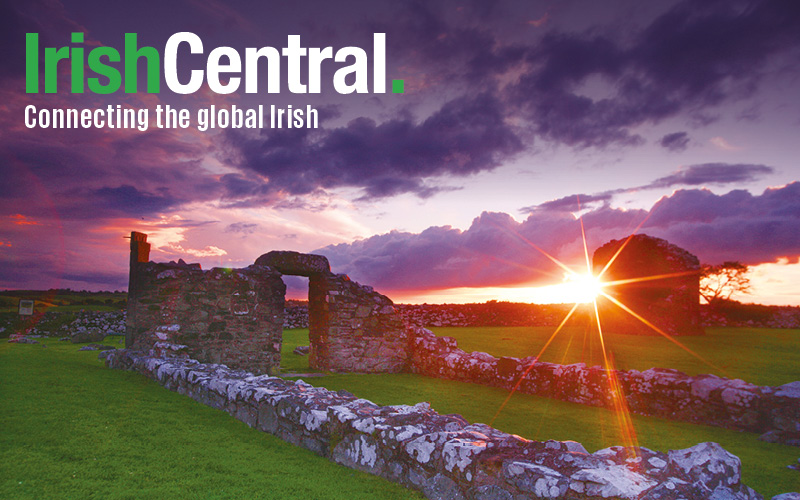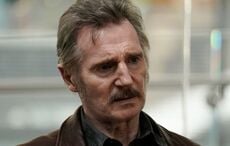James Morrissey has been holidaying in north west Connemara since he was a boy – and more than 50 years later, he still finds inspiration in the area.
His most recent book, a collection of historical reports and photographs from Inishbofin and Inishark, was launched in Clifden and before that in Dublin, where Taoiseach Enda Kenny did the honors.
A native of Co. Mayo, Morrissey owns a house in Cleggan and spends as much time as he can there throughout the year.
‘I can see Inishbofin and Inishark from my window,’ he says.
‘People say to me, “You have a lovely house,” and I always say to them, “I don’t have a lovely house, but I have a lovely view.”’
Morrissey, a co-founder of the Sunday Business Post and director of Newstalk and PR agency Fleishman-Hillard, is the author of several books, including a previous work on Inishbofin published in 1987. For this project, he compiled accounts of the island in the 19th and 20th centuries, anchoring the text with photographs of the islands and their inhabitants.
He aimed to feature as many authentic historical sources as possible, and his choice proves fascinating.
One section reproduces the 1894 report on the ethnography of the islands. An anthropologist from Trinity College Dublin visited to take measurements of people’s heads and limbs, note their hair and eye colour, and study their psychology, customs and beliefs.
The islanders are described as shy, with men ‘stoutly built and of medium height’ with ‘fairly large’ beards, while the women are harder to study, as they draw their shawls ‘more closely on the approach of a stranger’. The report also notes that, ‘The distance at which they can make out a sail or a bird on the wing is amazing.’
The report records the impact of the loss of more than 20% of the islands’ population through emigration, and that the use of Irish on the islands is fast declining.
Fairies are ‘firmly believed in by many’ and it is ‘extremely unlucky... to mention a priest, or a fox, or a hare while fishing.’ The fishermen of the islands are ‘brave, hardy and extremely venturesome; this applies especially to the men of Inishark, who are reputed in Bofin to be the best and most daring boatmen on the west coast.’
Another report, made by an Inspector of Irish Fisheries in 1873, notes ‘almost unparalleled amount of distress and poverty’ on both islands, and resulted in an appeal being launched for the islanders: ‘Sheep have died of starvation – the people have little food remaining – no potatoes – and very many no seed to put in the ground. The time for fishing is just commencing, but the islanders have not fishing gear’.
Contemporary newspaper articles detail the aftermath of the 1927 fishing disaster, when 16 fishermen from Rossadilisk and nine islanders were lost in a storm off Cleggan, as well as the evacuation of Inishark’s last residents in 1960.
Black and white portraits of modern-day islanders are juxtaposed with grainy images of thickly-bearded men and barefoot women from the 19th century, with fishing and farming providing a theme that links past generations with present.
Mr Morrissey compares his role collating sources to that of a conductor: his job is important, but without the orchestra there would be no music at all.
He says: ‘Greatest credit is due to the people, past and present, who compiled these surveys and documents. All I have done is try to bring [them] into the public realm – without that material, the book would be much poorer.’
Beautiful to look at, enlightening and absorbing, this is a coffee-table book with a brain.
Inishbofin and Inishark Connemara, compiled and edited by James Morrissey (Crannóg Books, €18 paperback) is available from The Clifden Bookshop.




Comments